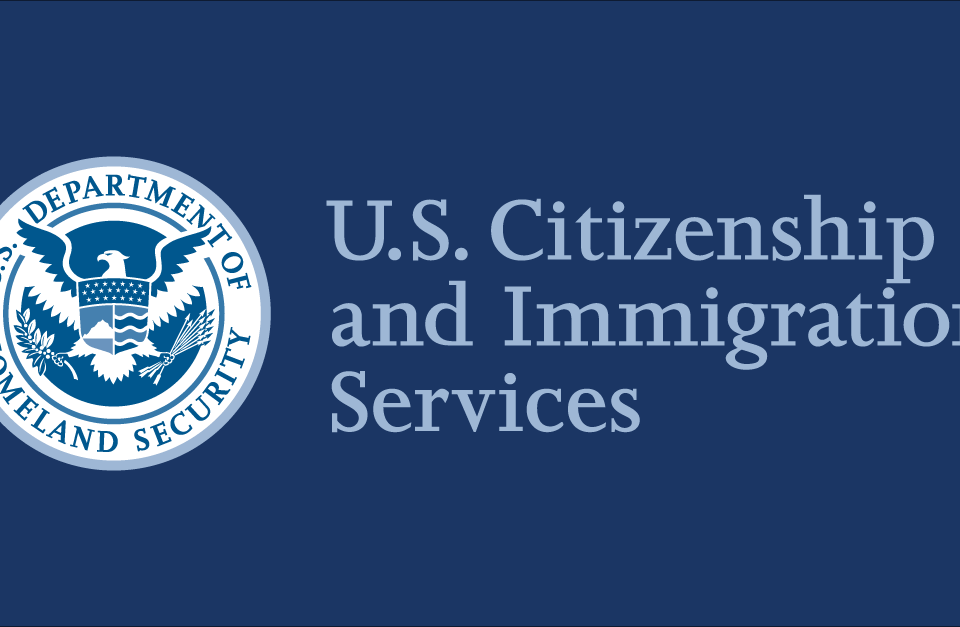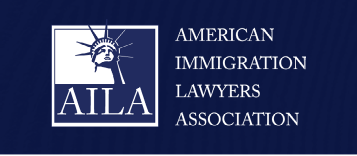17 April 2025
What is Alien Registration Pursuant to a 1940 law, every foreign national who will be in the U.S. for 30 days must be registered and fingerprinted. They are also required to carry proof of such registration at all times. This law has not been regularly enforced. However, a new process to register is set to begin on April 11, 2025 which requires that all immigrants who did not enter the United States with a visa are required to register with the federal government. Who needs to register? Many immigrants, including some who lack formal legal status, are already considered registered (see “Who is considered to have already registered,” below.) Any other immigrant who enters the United States and plans to stay for 30 days or longer must register before the expiration of the 30 days. This includes: Canadians who enter at a land border and are not issued a Form I-94 Individuals who entered without inspection and have not yet registered Children who turn 14 years old while in the United States, who must register within 30 days of their 14th birthday. Parents or legal guardians are required to register their children who were not registered upon visa application and who will remain in the U.S. for 30 days or longer. What if You Are Undocumented? If you entered the U.S. without inspection and do not have legal status, you are required to register as a non-citizen. Registering does not grant legal status and may result in the registrant being detained and placed in removal proceedings. Failure to register may result in civil and criminal penalties. You should consult with an immigration attorney prior to registering in order to understand the registration process, your rights, and any potential legal risks. Keeping Your Registration Documents Safe Always carry your registration documents with you. Who is considered to have already registered? Immigrants who have already registered include the following: Lawful permanent residents; People paroled into the United States under INA 212(d)(5), even if the period of parole has expired; People admitted to the United States as nonimmigrants who were issued Form I-94 or I-94W (paper or electronic), even if the period of admission has expired; All people present in the United States (except those under the age of fourteen) who were issued immigrant or nonimmigrant visas before their last date of arrival; People whom DHS has placed into removal proceedings; People issued an employment authorization document; People who have applied for lawful permanent residence using Forms I-485, I-687, I-691, I-698, I-700, and provided fingerprints (unless waived), even if the applications were denied; and People issued Border Crossing Cards. Individual Who are Exempt from the Requirement Visa holders who have been already registered and fingerprinted through their application for a visa; A visa holders; G visa holders; Those in U.S. for less than 30 days; If an LPR is outside of the U.S. when he turns 14, the individual must apply for registration and provide a photograph within 30 days of return; American Indians born in Canada who possess atleast 50% blood of the American Indian race who are present in the US under the authority of 8 USC 1359 How and Where to Register USCIS has established a new form, G-325R, Biometrics Information (Registration). Form G-325R is submitted online through an account created on the USCIS website. Steps to register: Create an online USCIS account at my.uscis.gov . Complete and submit Form G-325R. Attend a biometrics appointment at a USCIS Application Support Center, at which time a statement is signed under oath reaffirming to the information provided. Receive a proof of alien registration document, after completion of background checks. The Proof of Alien Registration document will be available in the USCIS online account. What does Form G-325R require? Current Legal Name Contact Information Physical Address and Address History for past 5 years Immigration History Biographic Information Police/Criminal Record Family Information What documents count as proof of registration? The “proof of alien registration” document counts as proof of registration. So do the following documents: I-94 (Arrival-Departure Record) which covers: People admitted with non-immigrant visas. People paroled into the U.S. under 212(d)(5) of INA. People who have been granted permission to depart without the institution of deportation proceedings. I-95, Crewmen's Landing Permit—Crewmen arriving by vessel or aircraft. I-181, Memorandum of Creation of Record of Lawful Permanent Residence—Noncitizens presumed to be lawfully admitted. I-184, Alien Crewman Landing Permit and Identification Card—Crewmen arriving by vessel. I-185, Nonresident Alien Canadian Border Crossing Card—Citizens of Canada or British subjects residing in Canada. I-186, Nonresident Alien Mexican Border Crossing Card—Citizens of Mexico residing in Mexico. I-221, Order to Show Cause and Notice of Hearing—People against whom deportation proceedings are being instituted. I-221S, Order to Show Cause, Notice of Hearing, and Warrant for Arrest of Alien—People against whom deportation proceedings are being instituted. I-485, Application for Status as Permanent Resident. I-551, Permanent Resident Card—Lawful permanent residents of the United States. I-590, Registration for Classification as Refugee- Escapee. I-687, Application for Status as a Temporary Resident. I-691, Notice of Approval as a Temporary Resident. I-698, Application to Adjust Status from Temporary to Permanent Resident. I-700, Application for Status as a Temporary Resident. I-766, Employment Authorization Document— People with work permits. I-817, Application for Voluntary Departure under the Family Unity Program. I-862, Notice to Appear—People against whom removal proceedings are being instituted. I-863, Notice of Referral to Immigration Judge— People against whom removal proceedings are being instituted. Deadline to Register There is no specified date by when registration must occur except that anyone who is in the U.S. for more than 30 days must register and that noncitizen children who turn 14 must register within 30 days of the 14th birthday. What Happens If You Don’t Register or Carry Proof? Those who are 18 years or older must carry proof at all times of their registration and fingerprinting. Failure to do so could amount to a misdemeanor punishable by a fine of up to $5000 or imprisonment of not more than 30 days, or both. This is a misdemeanor criminal offense. There is a separate criminal offense and removal ground for registering using false documents. If you do not register and later apply for an immigration benefit or visa, the government might deny the benefit or visa for failing to register. Everyone living in the U.S. still has basic rights under the Constitution. You have the right to remain silent and to refuse to speak to immigration officers. You have the right to speak to a lawyer if arrested. See AILA’s Know Your Rights Flyer on being stopped in a public place: https://www.aila.org/aila-files/AC3EB4AE-0276-41C7-B53A-E165B250CBD5/KYR_public.pdf Change of Address Requirement If you move, you must notify USCIS of your new address within 10 days. Failure to do so can result in a fine of up to $5000 and/or up to 30 days imprisonment and may result in removal. It is essential that individuals who may be affected by this policy consult with a competent and reputable immigration lawyer, if at all possible, to receive the most appropriate advice for their circumstances. If you have questions about the naturalization process, we encourage you to contact our office at [NAME] at [NUMBER]. This flyer is intended for general information purposes only and does not constitute legal advice. You should not act or rely on any information in this flyer without seeking the advice of a competent, licensed immigration attorney.














